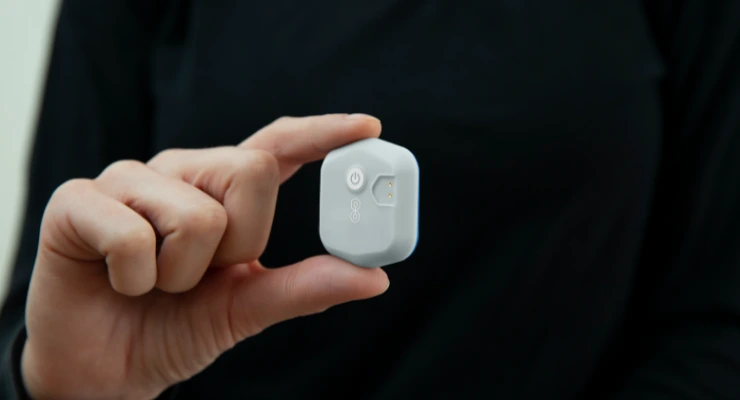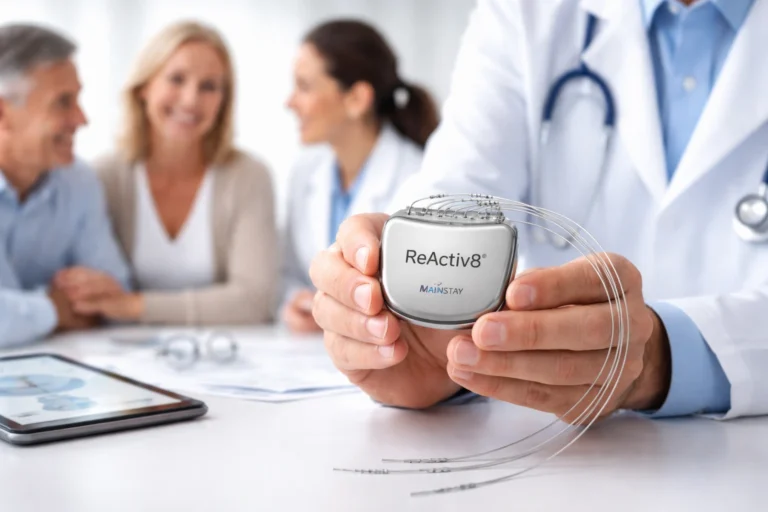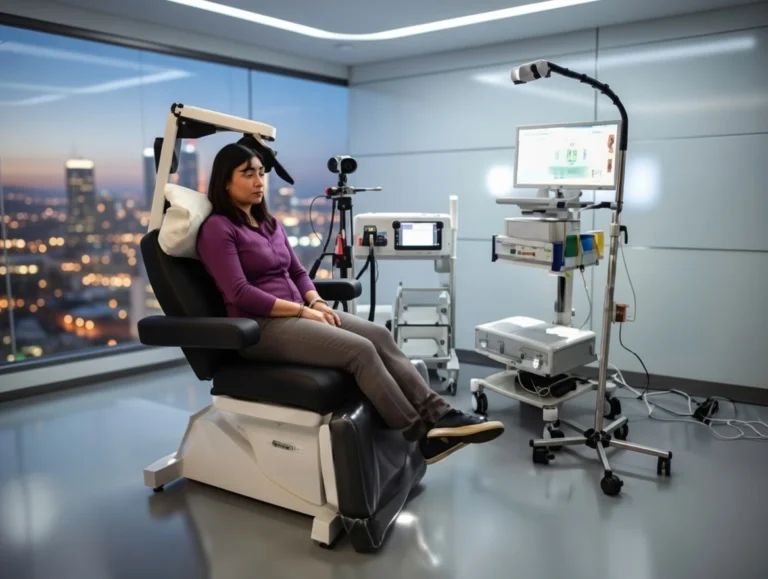
BioIntelliSense, a leader in continuous health monitoring and clinical intelligence, today announced the publication of peer-reviewed research in the Journal of Clinical Medicine. The study, titled “A Retrospective Observational Study of Continuous Wireless Vital Sign Monitoring via a Medical Grade Wearable Device on Hospitalized Floor Patients,” highlights the use of their FDA-cleared BioButton® wearable device for continuous monitoring of vital signs in hospitalized patients.
BioIntelliSense has announced the publication of a study in the Journal of Clinical Medicine that demonstrates the transformative potential of medical-grade wearable monitoring technology and algorithmic analytics in improving patient care. Conducted over 15 months in the medical-surgical units of two U.S. hospitals, the study found significant benefits in patient outcomes, including reduced length of stay, early clinical intervention, and a reduction in alert fatigue.
The study used BioIntelliSense’s BioButton, a continuous monitoring device placed on a patient’s chest that tracks key vital signs such as heart rate, respiratory rate, skin temperature, and activity levels. The device captured up to 1,440 measurements per patient per day, totaling over 651,000 patient-hours of data. This continuous data was securely transmitted to the BioCloud for analysis, where algorithmic notifications alerted healthcare providers to early signs of patient deterioration, on average 14.8 hours before symptoms appeared.
Key findings from the study include:
- Reduced Length of Stay (LOS): In the unit monitored by BioButton, LOS decreased from 3.07 days to 2.75 days over 12 months, benefiting hospitals financially and improving patient satisfaction.
- Early Detection of Deterioration: 73% of clinical deterioration events at Site 1 and 66% at Site 2 were preceded by at least one vital sign notification within 24 hours, with notifications occurring an average of 14.8 hours before symptoms.
- Reduced Alert Fatigue: Notification rates were kept below 1 per patient per day (0.97 and 0.65 at Site 1 and Site 2, respectively), significantly reducing alert fatigue among staff. 40% of patients did not trigger any notifications during their stay.
- Accurate Vital Sign Measurements: The BioButton’s measurements were highly accurate, with heart rate showing a mean difference of just 2 beats per minute compared to manually recorded bedside readings. The device’s continuous monitoring of respiratory rate proved more reliable than manual methods.
- Improved Patient Outcomes: BioButton notifications led to 114 instances where physicians adjusted or ordered new treatments, diagnosing conditions like atrial fibrillation, sepsis, and medication allergies.
The study involved 11,977 patients monitored by a single nurse from a centralized location during the day shift across two sites (Site 1 with 119 beds and Site 2 with up to 250 beds).
About BioIntelliSense
BioIntelliSense is a leader in continuous health monitoring and clinical intelligence, offering a Data-as-a-Service (DaaS) platform that supports virtual care and remote patient monitoring. The platform’s flagship product, the BioButton® wearable, works alongside BioHub™ gateways, BioMobile™ apps, BioCloud™ data services, and BioDashboard™ clinical intelligence systems to deliver scalable, reliable, and actionable health insights. With AI-driven analytics, BioIntelliSense provides clinicians with the data needed for safer, more effective care across hospital settings and beyond.




